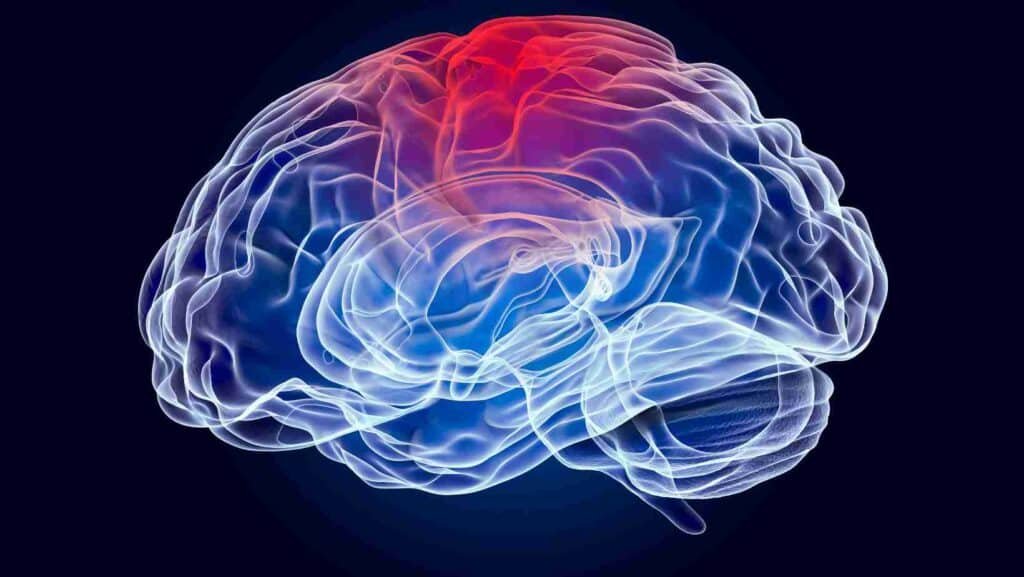Table of Contents
ToggleIs Brain Attack Or Stroke An Emergency?
Yes, a brain attack, commonly known as a stroke, is indeed a medical emergency that requires immediate attention and intervention. It can occur due to two main reasons: a blocked vessel (ischemic stroke) or a ruptured blood vessel (hemorrhagic stroke or subarachnoid hemorrhage).
Dr. Chandril Chugh, Senior Consultant and Head of Interventional Neurology of Max Super Speciality Hospital, Saket, says that stroke/brain attack may cause these following symptoms:
- Weakness and numbness on one side of the body
- Difficulty in speaking and understanding the words
- Drowsiness
- Loss of vision
- Severe headaches or in some cases Death.
The severity of a stroke cannot be overstated. Studies have shown that every minute during an ischemic stroke, a patient loses a staggering number of brain cells, nerve connections, and nerve fibers. This rapid loss of brain tissue can result in permanent neurological deficits, leaving the patient paralyzed and dependent for life.
 *Symptoms depend on which part of the brain is affected and if not treated well in time, the weakness and other neurological defects may become permanent and extremely disabling.
*Symptoms depend on which part of the brain is affected and if not treated well in time, the weakness and other neurological defects may become permanent and extremely disabling.
How Severe Can Be A Stroke?
The severity of a stroke cannot be overstated. Findings from a 2006 study conducted in the USA revealed alarming statistics. For instance, a patient experiencing an ischemic stroke loses a staggering 190,000 brain cells per minute. Additionally, approximately 14 billion nerve connections are severed every minute, while 12 km (7.5 miles) of nerve fibers are lost within the same timeframe. These sobering figures often culminate in permanent paralysis and lifelong dependency, underscoring the gravity of the situation.
How Do You Recognise Stroke?
Recognizing the signs of a stroke is crucial for timely intervention. The “6 S Method” can help in diagnosing a stroke:
- Sudden Onset: Symptoms usually start suddenly.
- Slurred Speech: Speech may become unclear, resembling drunken speech.
- Side Weakness: Weakness may affect the face, arm, leg, or all three on one side of the body.
- Spinning Sensation: Vertigo or dizziness may occur.
- Severe Headache: A sudden and severe headache may indicate a hemorrhagic stroke.
- Seconds Count: Note the time when symptoms start and seek medical help immediately.

Is There Any Treatment For Stroke?
Treatment modalities vary based on the type of stroke. For ischemic strokes, intravenous administration of tPA (recombinant tissue plasminogen activator) within 3 to 4.5 hours of symptom onset is a viable option. Alternatively, patients with blockages in large blood vessels may benefit from Mechanical Thrombectomy, a minimally invasive procedure that restores blood flow by removing obstructions.
The cornerstone of effective stroke management lies in raising awareness among patients and their families. Given that most strokes are painless, individuals may disregard initial symptoms, leading to delays in seeking medical assistance. By educating individuals about stroke symptoms, we empower them to recognize warning signs promptly, facilitating timely intervention and enhancing overall outcomes.
Conclusion:
In addition to medical interventions, lifestyle modifications and preventive measures play a crucial role in reducing the risk of stroke. Adopting a healthy lifestyle, including regular exercise, a balanced diet rich in fruits and vegetables, maintaining a healthy weight, avoiding tobacco use, and limiting alcohol consumption, can significantly lower the risk of stroke. Managing underlying health conditions such as high blood pressure, diabetes, and high cholesterol levels through medication and regular check-ups can also help prevent stroke. Furthermore, staying informed about stroke warning signs and seeking immediate medical attention in case of any symptoms can save lives and prevent long-term disability.
Originally Published On Max Health Care – Is Brain Attack Or Stroke An Emergency?
Also Read:

Best Neurologist Doctor In Patna: Dr Chandril Chugh Dedicated to Your Well-being
Dr.Chandril Chugh is a neurologist who trained and practiced in the USA for more than a decade. He is compassionate and caring and is most well known for being a patient listener and spending ample time with patients.
